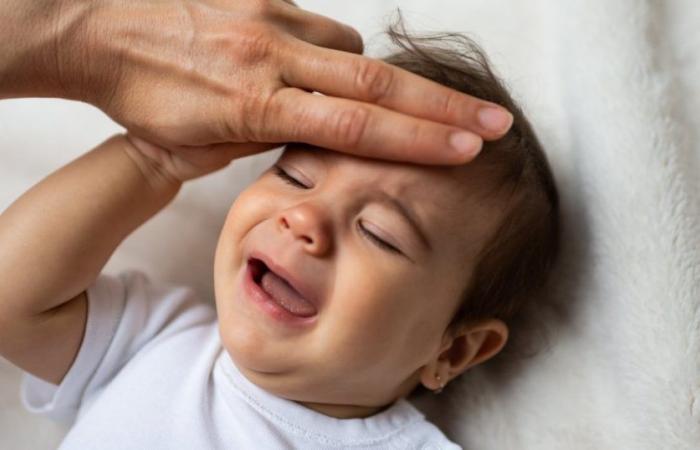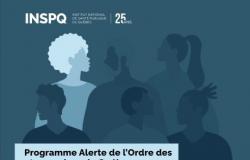The return of whooping cough
In April 2024, Public Health France reported a resurgence of whooping cough that had appeared since the beginning of the year. The various whooping cough surveillance indicators monitored by the national agency confirm the reappearance of the disease in the territory. On June 2, 2024, data confirmed this rise: in just five months, the number of reported cases was higher than 2023. This increase, in recent weeks, indicates that the Bordetella pertussis bacteria (responsible for Whooping Cough) is intensifying as announced in the first quarter of 2024. In 2023, the ECDC (European Center for Disease Prevention and Control) recorded 25,130 cases of whooping cough compared to 32,037 cases during the period from January 1 to March 31, 2024. Transmitted by air, whooping cough is a very contagious infection and is dangerous for infants under 2 months of age who have not yet been vaccinated (and therefore, who are most vulnerable to severe forms and upon death). Whooping cough is mainly transmitted in public places, communities, and within the family. Public Health France calls for the greatest vigilance and recalls the crucial importance of vaccination as well as preventive measures to protect the most vulnerable people in the face of this wave of whooping cough which remains much more contagious than measles or chickenpox.
Read also
Bronchiolitis in babies
Vaccination, an essential measure against whooping cough
To protect those most at risk and protect them from the disease, Santé Publique France is calling for increased vigilance in the coming months. It reiterates the importance of vaccination against whooping cough, particularly in babies under 6 months old, in order to combat the most severe forms, hospitalizations and deaths linked to the disease. This vaccination policy is based on 3 strategies:
– Mandatory vaccination in the form of 2 injections two months apart. The first is given at 2 months of age and the second at 4 months of age. A booster should be given at 11 months of age, and a booster should be repeated at 6 years of age, 11-13 years of age and up to adulthood (25 years of age with the possibility of catching up until 39 years of age).
– Vaccination of pregnant women is recommended during the second trimester of pregnancy, preferably between the 20th and 36th week of amenorrhea. In case of non-vaccination during pregnancy, vaccination of the mother is possible postpartum as well as people who may be in close contact with the baby during the first 6 months of life (a strategy known as cocooning, because it aims to vaccinate the entire family cocoon).
In addition to infants, people at risk of severe forms are immunocompromised people, people suffering from respiratory diseases (asthma, chronic obstructive pulmonary disease, etc.), and pregnant women.
Vaccination is recommended for immunocompromised people, healthcare professionals (including staff working in nursing homes), professionals in regular contact with infants under 6 months of age, childminders, people who babysit regularly and students in the medical and paramedical fields.
Wearing a mask: a safe barrier against respiratory diseases
Wearing a mask is an effective means of personal protection and to protect others, particularly in the event of an epidemic of respiratory infections. In the event of symptoms of a respiratory infection such as a cold, sore throat, fever, cough, etc. Wearing a mask is strongly recommended in order to reduce the spread, propagation, and risk of serious infection within the population.






